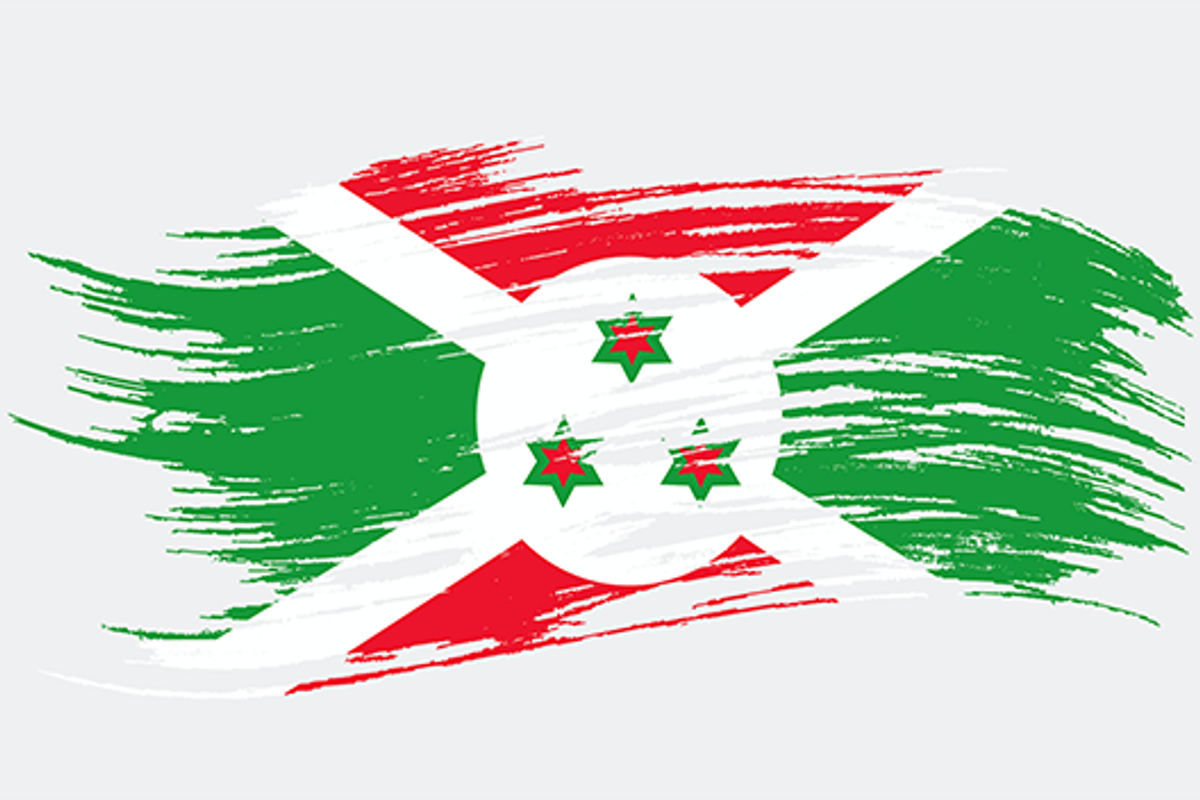When President of the Burundian Senate Révérien Ndikuriyo reportedly said this fall, “on this issue, you have to pulverize, you have to exterminate – these people are only good for dying. I give you this order, go!” parallels were immediately drawn to 1994 Rwanda, where targeted Tutsis were referred to as cockroaches. Amid the recent assassinations and photos of bodies strewn across the streets of Bujumbura, such rhetoric from an elite politician is chilling.
Among those making direct comparisons between the current Burundian crisis and the 1994 genocide was Rwandan President Paul Kagame. In a November speech, Kagame lamented to a crowd in Kigali that Burundi “should have learned the lesson of our history.” The lessons of the Rwandan genocide should certainly be brought to bear in instances of ethnic violence.
Despite the compelling narrative such a comparison makes, what is happening in Burundi is not a genocide. The violence, which has killed nearly 500 people and displaced hundreds of thousands of others, is political. The lack of ethnic targeting, however, does not mean that the international community can afford to ignore the crisis in Burundi.
The crisis began last April when Burundian President Pierre Nkurunziza declared his intention to run for a third term in office. Nkurunziza and his supporters argued that the Arusha Accords, the settlement that laid out the terms for peace following the Burundian civil war (1993 – 2006), allowed him two popularly-elected mandates after his first term as a political appointee. The political opposition portrayed this as an unconstitutional power-grab, violating the spirit of the agreement, and urged him to refrain from running a third time. In May, a constitutional court ruled in favor of the president, instigating a coup attempt by members of the Burundian military. The violence continued following Burundi’s July elections, in which President Nkurunziza won a third term – in the absence of international observers and with a significant proportion of the opposition boycotting.
The violence seems to be the result of intra-Hutu tensions; Nkurunziza has centralized power in the hands of the few, aggravating grievances of his co-ethnics. The Imbonerakure, who have been portrayed in the media as a major force behind the current instability, are the youth wing of Nkurunziza’s party. Described by IRIN as “armed, murderous, militarised, partisan, powerful, unaccountable, [and] uneducated,” the group is essentially a political militia rather than a genocidal army.
Distinguishing the violence in Burundi from a genocide is not to downplay the severity of the crisis. International action is necessary to stem the violence, yet the current measures seem insufficient. The African Union (AU) declined to deploy troops to the region, while the European Union has only gone so far as to suspend aid to the country (costing Bujumbura an estimated $498 million and increasing the burden on Burundian civilians by reducing their access to basic services). There is not necessarily a linear conncetion between aid suspension and civil unrest, meaning that instead of the aid suspension putting pressure on the current government to step down, it may merely result in greater displacement or starvation and disease.
Recognizing that a political crisis, in which civilians are targeted and regional stability is put at risk is grounds for international action, would be a significant shift for multi-lateral efforts. Given that Paul Kagame is seeking a third term in Rwanda and Joseph Kabila seems likely to follow suit in the Democratic Republic of the Congo, such action demonstrating the value placed on respect for term limits by the international community could prevent political crises in these countries.
Unfortunately, robust international action seems unlikely. The AU’s backtracking on the deployment of a 5,000 strong military force highlights the lack of regional commitment to ending the crisis. Furthermore, the muted response from the international community to the news that peace talks, set to resume in January in Arusha, were delayed indefinitely, has telegraphed to both sides that there will be little consequence for protracting the conflict. (The latest postponement was for talks scheduled to take place May 2 – 6.) Meanwhile, the civilians caught between the factions continue to suffer under the threat of violence and increased risk of malnutrition, cholera, and malaria.
Mischaracterizing the situation in Burundi – that is raising fears about a potential genocide when evidence points to a violent political crisis – only reduces the likelihood of an effective international response and threatens to misappropriate whatever assistance can be mustered. The military tools and reconciliation programs for a genocidal event differ from those used to quell a political crisis; advocating for increased international attention or a multilateral response thus requires an accurate depiction of the crisis, or it risks aggravating the situation by preventing important political stakeholders from being consulted or included in negotiations or disarmament and reintegration programs. As Kate Cronin-Furman and Michael Broache argue in The Washington Post, “crying ‘genocide’ instead of calling it what it is – political violence, with the possibility of escalating into crimes against humanity – does nobody any favors, least of all the victims.” The scale of the violence and displacement resulting from the Burundi crisis, a conflict that has created as many refugees as the Syrian civil war with half of the population, does not need to be a “genocide” to warrant a response.








